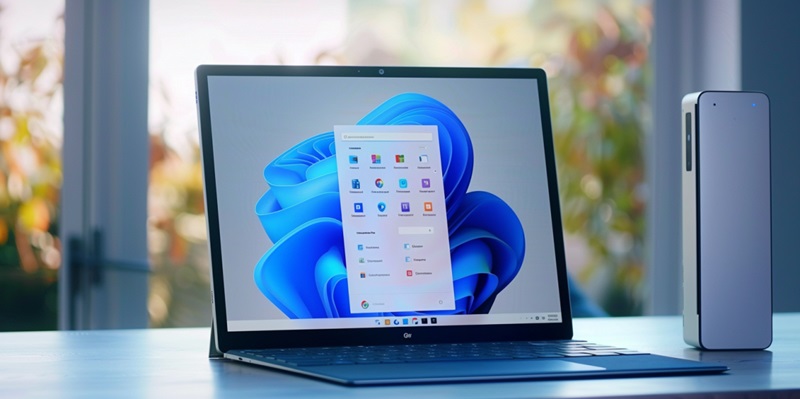Microsoft’s recent update to Windows 11, specifically build 22610 (version 23H2), has stirred controversy by revamping the tablet user interface. The new focus is on Copilot, an AI assistant, which now appears with a right swipe – a gesture previously tied to revealing notifications. With this move, accessing notifications becomes more cumbersome, reflecting a substantial shift in user experience.
This development underscores Microsoft’s commitment to embedding AI more deeply within its operating systems, even if it means shaking up traditional features. The integration of Copilot suggests a future where AI could reshape user interactions, offering enhanced productivity tools directly in the OS. While some find Copilot’s capabilities a step forward, many are critical, missing the directness of the old notification system. Microsoft’s gamble to prioritize an AI feature over staple functionality like notifications is a testament to their vision of an AI-centric interface, but time will tell if this approach will pay off with users.
Coping with Copilot: User Interface Strains
Microsoft’s pivot to prioritize AI with its virtual assistant, particularly in the latest Windows 11 tablet update, marks a bold step in computing. Though the tech giant appears confident, users may not fully echo this sentiment, as the removal of a dedicated gesture for notifications has disrupted the familiar tablet experience. This move signals Microsoft’s bet on AI’s pivotal role in the digital future, at the risk of early-adoption user frustration. Tech analysts like Zac Bowden point out this significant UI shift, which could lead to a broader transformation in user-device interaction across various platforms.
If the reception proves negative, Microsoft might have to recalibrate its interface design, balancing AI integration with traditional usability. Currently, the update’s effects are limited to the newest Windows 11 tablets, yet the outcome of this strategy will influence Microsoft’s course in meshing Copilot with the needs of its user base without compromising ease of use, which is one of its hallmarks.

